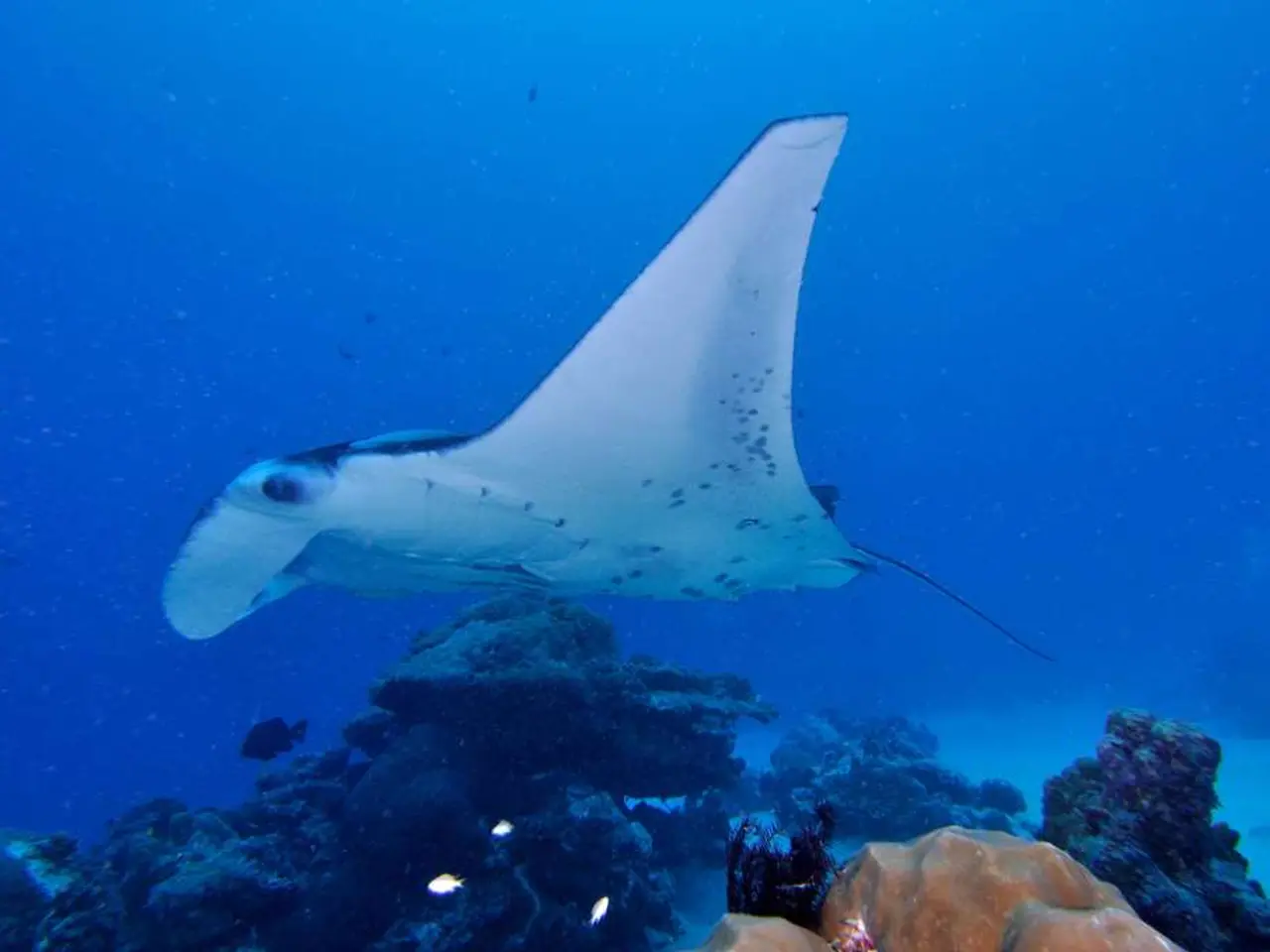Sustainable Guide for Growing Algae as a Food Source in Permaculture
In the realm of sustainable farming, algae are emerging as a versatile and eco-friendly asset. These microscopic organisms, found in both freshwater and marine environments, can play a significant role in creating self-sustaining permaculture systems.
Freshwater microalgae, such as Spirulina and Chlorella, are integral to aquaponics and biofloc systems. These organisms help recycle nutrients, improve water quality, and serve as a rich protein source for fish and aquatic microorganisms. Moreover, their biomass can be used as a biofertilizer or soil amendment, enriching the soil and boosting microbial activity.
Marine macroalgae, like kelp and sea moss, are rich in vitamins, minerals, antioxidants, and growth hormones. They are used as soil conditioners and foliar sprays, enhancing plant health, improving soil structure, and boosting disease resistance. Sea moss, in particular, is valued for its nutrient density, making it a superb natural fertilizer.
The benefits of incorporating algae into permaculture are manifold. Algae help recycle nutrients, particularly nitrogen, and contribute organic matter and micronutrients to soil. They also aid in water purification, removing excess nutrients and toxic compounds in aquaponic and biofloc systems. Furthermore, they support beneficial microorganisms, improving nutrient availability and plant health.
Sustainable biomass production is another advantage of algae farming. These organisms can be grown rapidly with minimal inputs, providing a renewable resource for feed, fertilizer, and soil amendments. Some algae are edible, offering a nutritious and low-environmental-footprint food source.
While the taxonomy and permaculture integration of algae species may vary, microalgae like Spirulina and macroalgae such as kelp and sea moss are the primary types employed, offering multifunctional ecological and nutritional benefits.
Carbon sequestration is another advantage of algae cultivation. These organisms effectively trap and convert atmospheric CO2 into biomass, reducing greenhouse gas emissions and mitigating climate change.
Integrating algae into permaculture could help solve food and environmental challenges. The future of algae in permaculture looks bright, with new ways to grow and use them continually evolving.
However, challenges persist in algae cultivation. Common issues include pests, diseases, and growth problems. Contamination by unwanted algae or microorganisms can harm the growth and productivity of the desired algae. Proper techniques for harvesting and processing algae are crucial to ensure healthy growth and get the most from these versatile organisms.
In conclusion, algae are a valuable addition to permaculture systems, offering numerous benefits for food security, sustainable agriculture, and environmental conservation. As research and technology advance, the potential for algae to revolutionize farming practices and contribute to a greener future continues to grow.
Read also:
- Experiencing Life's Variety Firsthand: Gaining Insights from Life's Broad Spectrum of Experiences
- Food Regulatory Forecast | June 2023 Update from the UK
- Generous Gift of AED 33 Million Saves Lives: A 14-year-old Boy, Along With 59 Others, Receives a Second Chance
- Social Inequality and Class Oppression in the Train-Bound World of Snowpiercer








